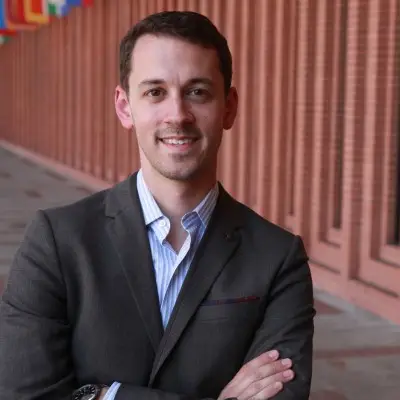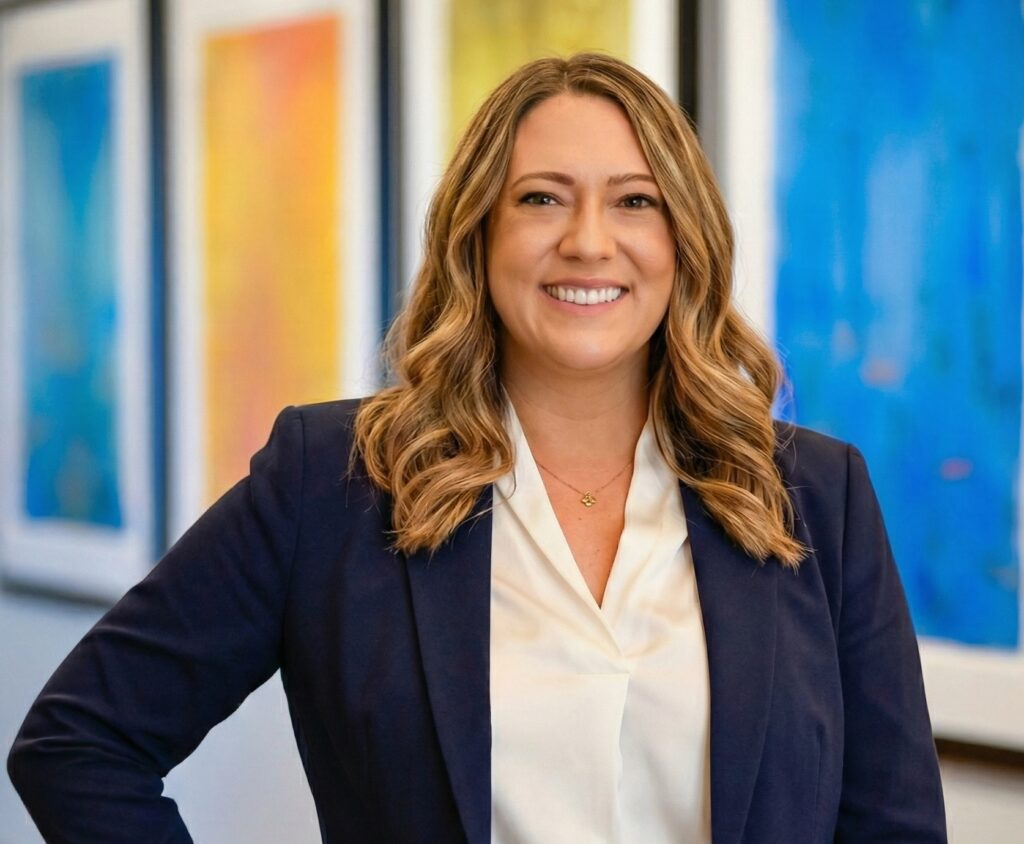TEMPE, AZ — Over the past four years, CRPE’s Evidence Project has tracked the pandemic’s impact on students and school system recovery efforts. These collective efforts are far from complete—and face persistent challenges. In August 2024, with generous support from the Walton Family Foundation, CRPE made a public call for proposals to help accelerate the work of pandemic recovery. CRPE sought research proposals that would explore questions such as:
- What are promising or effective new recovery interventions—especially those designed to reach the students most harmed by the pandemic?
- What challenges are districts currently facing when implementing such interventions?
- What causes continue to drive persistently high rates of chronic absenteeism?
- Do current interventions adequately address these causes?
After a rigorous selection process, CRPE is thrilled to announce our seven grant recipients. These projects will receive up to $500,000 to cover up to 18 months of study.
Post-Pandemic Recovery and Renewal: A Deep Exploration of Chronic Absenteeism—Causes, Consequences, and Potential Solutions
Lead Researcher: Amie Rapaport, University of Southern California
Using the Understanding America study panel, this project will investigate the root causes of chronic absenteeism and the impact of language used to talk about attendance to identify potential solutions to get students back in the classroom.
Examining the Role of Student Wellbeing and Reverse Engineering Success in Chronic Absenteeism in Districts and Schools in Georgia
Lead Researcher: Jerome Graham, Michigan State University
This study will examine the relationship between student well-being and chronic absenteeism. Researchers will look at current and past trends in attendance, identify districts that are successfully addressing the issue, and review state approaches to see if they align with the root causes of chronic absenteeism.
Pandemic Learning Recovery Strategies: Evidence from Massachusetts Charter Schools
Lead Researcher: Eryn Heying, Massachusetts Institute of Technology
This study will investigate the impact of learning recovery interventions such as high-dosage tutoring and extended learning on pandemic recovery in Massachusetts charter schools. Researchers will also identify which strategies are working best for all students, including underrepresented students.
Wrong Target or Faulty Execution: Exploring Misalignments in Absenteeism Interventions Post-Pandemic in a Large Urban District
Lead Researcher: David Diehl, Vanderbilt University
This study will examine one large urban district’s progressive attendance approach to solving its chronic absenteeism problem. Researchers will conduct case studies of three high schools and provide actionable insights to improve attendance interventions, as well as contribute to broader efforts to promote educational equity in diverse, urban school settings.
A Research-Practice-Partnership to Examine Learning Recovery Interventions in California
Lead Researcher: Niu Gao, American Institutes for Research
Through a series of case studies, this project will examine how well district recovery programs in California have improved academic outcomes and social and emotional well-being.
Navigating the ESSER Cliff: District Strategies and Impacts on Tutoring Programs
Lead Researcher: Susanna Loeb, Stanford University
This study will examine the future of the high-impact tutoring landscape in public schools following the end of ESSER funding, how post-crisis emergency funding can help improve existing systems, and what conditions enable scaling up effective learning interventions.
Understanding Changes in Student Absences, Causes of Absences, and Potential Solutions Following the COVID-19 Pandemic
Lead Researcher: Sarah Crittenden Fuller, University of North Carolina at Chapel Hill
This study will examine how well school and district solutions for improving chronic absenteeism correlate with its underlying causes.
CRPE extends its heartfelt congratulations to our seven grantees, as well as sincere thanks to all who submitted letters of intent and proposals. The Evidence Project team, led by Dr. Morgan Polikoff (USC) and Dr. Lydia Rainey (CRPE), will support grantees to produce actionable insights for the field. CRPE will share updates on the work of this grantee cohort in our Notes from the Evidence Project newsletter, where we will also continue to curate and share the latest research about schools’ pandemic response and recovery efforts. We welcome you to read the latest edition and subscribe.
Selection Process
The selection process was led by Dr. Morgan Polikoff, Professor of Education at USC. From our public call for proposals in August 2024, we received 89 Letters of Interest. We invited 33 applicants to submit full proposals. The proposals were reviewed by Dr. Polikoff, two CRPE staff members, and four external reviewers, using clear review criteria and with appropriate guidelines for conflicts of interest. Reviewers evaluated each proposal on seven criteria and provided an overall rating, narrowing the proposal pool down to 12. These 12 proposals were reviewed by Evidence Project staff, including CRPE Director Robin Lake, who evaluated each proposal’s quality of evidence, potential for complementarities with other proposals, and funding considerations. Our final seven grantees are reflective of a rigorous, evidence-based internal and external review.





